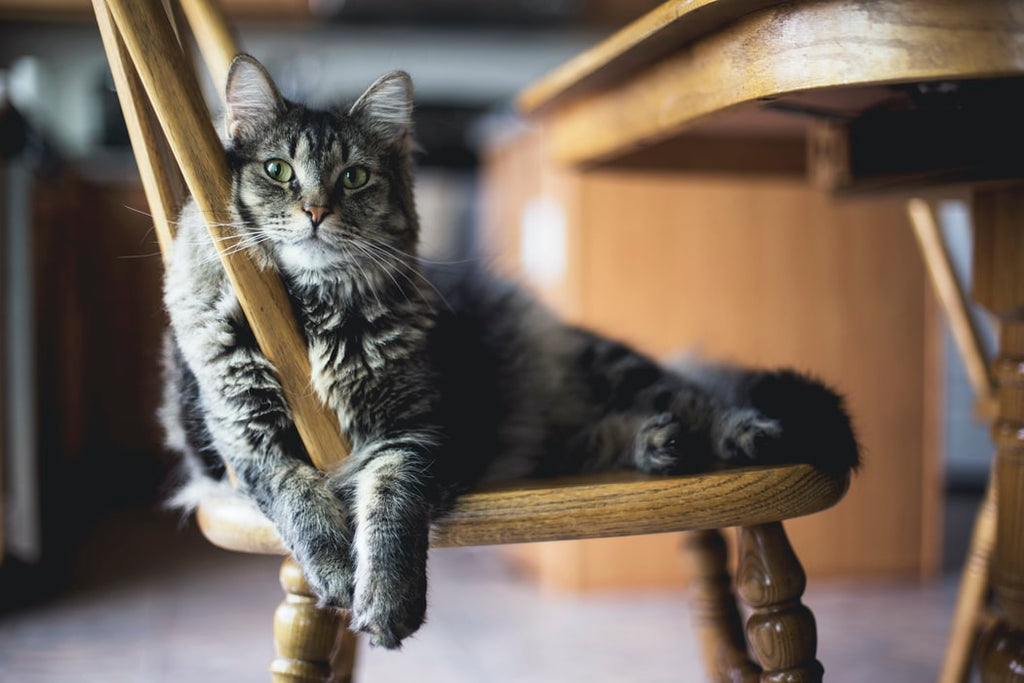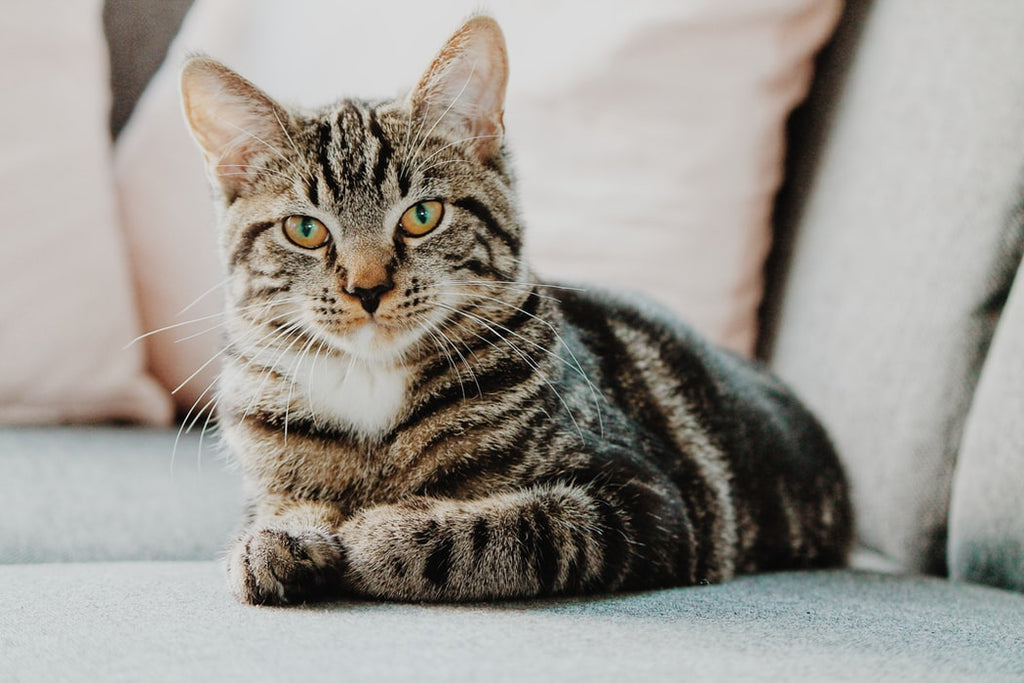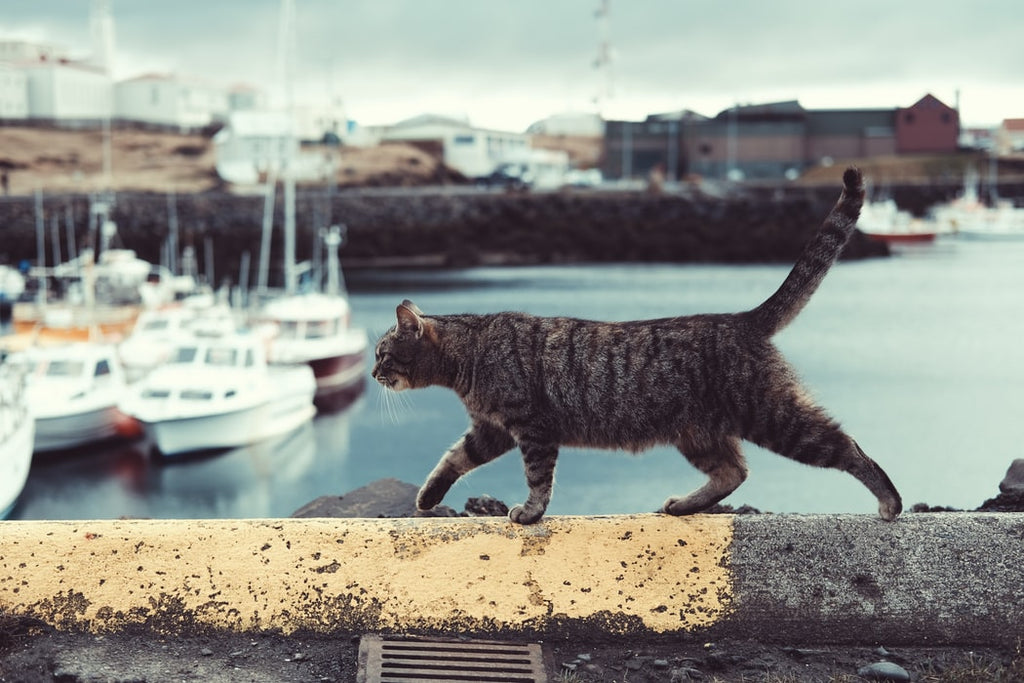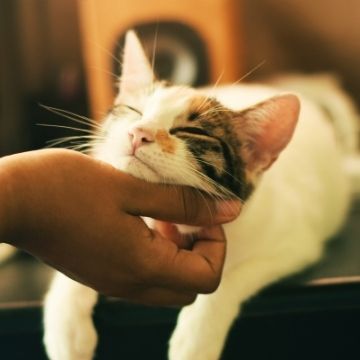How long do cats live?
Cat owners must pay attention to the question of how long cats can live.
It is well known that the lifespan of indoor cats is usually different from that of outdoor cats, so what factors affect the lifespan of cats?
On the topic of cat lifespan, we studied the average lifespan of cats and got all the information needed to answer the question "how long do cats live?"
We have analyzed the data and can tell you that, like the plot of the novel, the lifespan of cats depends on a variety of factors, including environment, diet, health and so on.
Next, we will give you a variety of information to explain to you in detail.

1. Factors affecting the lifespan of cats.
Environment, diet, health, and whether cats are neutered are all important when considering the lifespan of cats.
Sterilization is probably the most important factor.
Ovariectomy and neutering can eliminate the risk of cats developing diseases that may affect their reproductive system in old age.
It is well known that with advances in medical care and diet, the ideal cat lifespan "can" or "may" live to 20 years old or older.
The average life expectancy of domestic cats is about 15.1 years.
The breed of cats is of course a factor. The lifespan of different breeds of cats is different.
Generally speaking, hybrid cats are more hardy and live longer than purebred cats.
The lifespan of cats varies from sex to sex.
In terms of gender, female cats live one to two years longer than male cats.
Generally speaking, indoor cats live longer than outdoor cats.
The lifespan stray cats and wild cats is significantly shorter than that of domestic cats.
2. The lifespan of indoor cats.
Indoor cats live almost three times as long as outdoor cats.
Indoor cats are usually sterilized and vaccinated to stay away from stress, risk and danger from the outside world.
They are fed regularly and have easy access to fresh and clean water.
They need more attention and more distractions, and they must be encouraged to do enough exercise to avoid obesity.
Fortunately, the careful cat owner provided all these things.
Cat owners not only clean their feces regularly, but also provide them with special cleaning tools such as Lionpapa's cat litter refills and treat them like their own children.
Their age numbers vary widely, ranging from 14 to 20 years. According to the data we recorded, the average life expectancy of an indoor cat is 16.875 years.

3. The lifespan of outdoor cats.
There are many factors that limit the average lifespan of an outdoor cat.
Do you live in cities, suburbs, rural areas or remote areas? How many neighbors have outdoor cats? Do you live in a place with a lot of predatory wild animals? Are there any wild or stray animals nearby? Is the weather suitable for outdoor life all the year round? How close is your place to the road?
These are limiting factors, just like exposure to more fleas, ticks and other parasites and diseases.
Outdoors, cats will also fight with other cats, and the risk of accidents will increase.
However, they also have the freedom to explore, mark the foothold they like, and exercise naturally.
Because there are too many unpredictable variables, the age figures of these cats are usually not good.
Outdoor cats have a wider life span, ranging from 3 to 10 years. The average life expectancy of outdoor cats is 5.625 years.

Someone might say, "but my cat lives……" These figures are averages.
When a specific case is enlarged, there are always some outliers that do not match the average value.
According to the Guinness Book of World Records, the longest-lived cat in the world is a cat named Creme Puff from Austin, Texas, USA.
It is very good for a cat to reach the age of 15, and it is a rare miracle if it can reach the age of 20. The kitten was born on August 3, 1967 and lived until August 6, 2005, reaching an astonishing 38 years and 3 days.
Tell us: how long does your cat live? How old is the oldest cat you have ever had, heard of or seen? You can share it with us in the comments!




